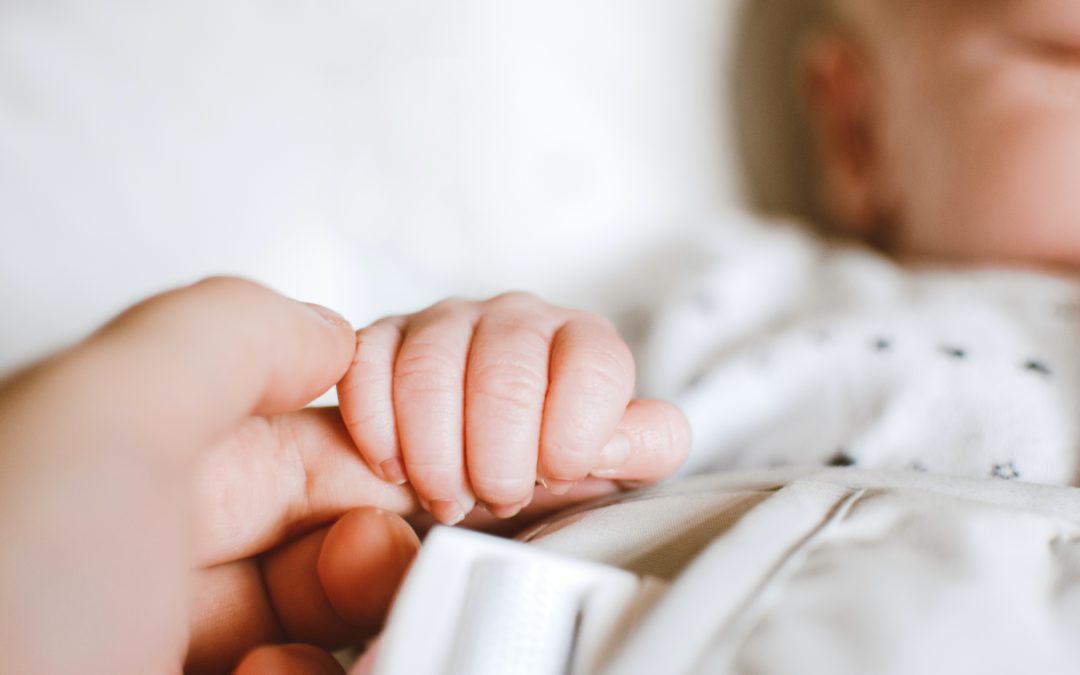
Elon Musk names son “X Æ A-12” – Would this name be allowed by law in New South Wales?
With the recent announcement of SpaceX CEO Elon Musk and Canadian singer ‘Grimes’ naming their son “X Æ A-12”, many people are left confused regarding the legal constraints for naming children. It is common for celebrities and public figures to push societal bounds by naming their children unconventional names, but how far can one go until the name is rejected by the law?
Elon Musk and Grimes have changed ‘X Æ A-12’ to ‘X Æ A-Xii’ in an attempt to comply with Californian laws. However, despite the slight change, it is likely the name will still face issues in California as you can only utilise the 26 characters of the alphabet in a child’s name (excluding apostrophes for names such as O’Neil). Such restrictions call into question what would happen if such a situation were to occur in NSW. This article will address what you can and cannot name a child pursuant to NSW naming laws.
Child Naming Laws in NSW
Once a child is born, the parents must register within 60 days the child’s name with the NSW Registrar. Under the Births, Deaths and Marriages Registration Act (‘the Act’), it is prohibited to give a child a name that:
- is obscene or offensive;
- is too long;
- includes symbols without phonetic significance;
- resembles an official title or rank, such as judge, saint, king, prince; or
- is contrary to the public interest for some other reason.
Specific naming restrictions include:
- The maximum length of a name, including spaces that can be registered is 50 characters each for the family name, first name and any other middle names.
- Names cannot contain numbers or symbols, which includes roman numerals, prefixes or suffixes, such as the name “Anne Marie the 1st!”.
- It is also not possible to register a name which bear a resemblance to a title, such as “Duke of Edinburgh Smith”. However, it is possible to register a name which has a title as a name such as “Edward Duke Smith”.
The state will not register a prohibited name, and can assign a name to a child if the name is a prohibited name, or where each parent lodges a birth registration statement because they are unable to agree on the child’s name.
Changing your child’s name following separation
Changing the surname of both child and spouse has been customary at marriage. Many women may choose to revert to their maiden name upon separation or divorce, however both parents must usually provide consent to change their child’s surname. An agreement can be reached privately or through alternative dispute resolution. The child must also consent to the change of name, unless they are unable to understand the meaning and implications of the change of name.
However, one parent can apply alone to change their child’s name if:
- they are the only parent named on the child’s birth certificate; or
- the other parent has passed away; or
- a court has approved the new name for the child.
Changing Names
Names recognise your individual identity and are a significant part of your personal brand. If you are not happy with your name, in NSW you can only change your name once in a 12-month period, and three times in your lifetime.
You may apply to change your name if you are an adult (over 18 years old) and:
- your birth is registered in NSW; or
- you were born overseas and have been a resident in NSW for 3 years when you apply for the name change; or
- your birth is not registered in NSW and a protection order has been made to protect you and/or your children from domestic violence.
Further Information
It is important to be aware of the laws surrounding name changes in NSW if you are considering changing your name or your child’s name. If you would like more information on how we can assist you with your matter, do not hesitate to contact us on 9963 9800 or via our contact form.
